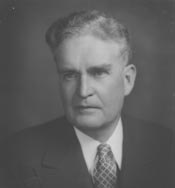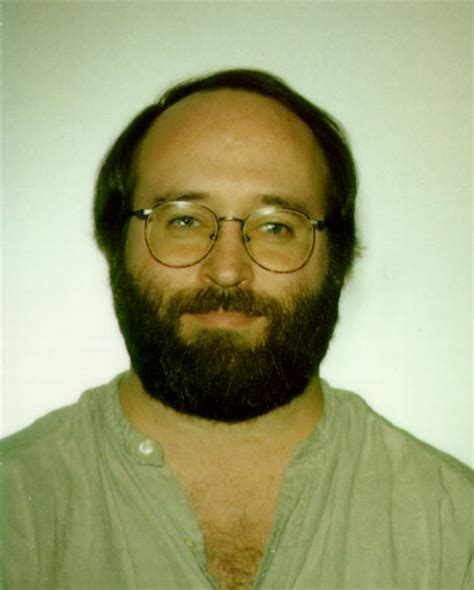A Quote by Bruce Barton
If you are going to do anything, you must expect criticism. But it's better to be a doer than a critic. The doer moves; the critic stands still, and is passed by.
Related Quotes
Criticism is necessary and useful; it is often indispensable; but it can never take the place of action, or be even a poor substitute for it. The function of the mere critic is of very subordinate usefulness. It is the doer of deeds who actually counts in the battle for life, and not the man who looks on and says how the fight ought to be fought, without himself sharing the stress and the danger.
hat whole phrase, "daring greatly," is from the Theodore Roosevelt quote that goes back to your original question of, what about the critics? And when I read his quote it was life-changing. "It's not the critic who counts; it's not the man who points out how the strong man stumbles or where the doer of deeds could have done the better.
I was the first critic ever to win a Tony - for co-authoring 'Elaine Stritch at Liberty.' Criticism is a life without risk; the critic is risking his opinion, the maker is risking his life. It's a humbling thought but important for the critic to keep it in mind - a thought he can only know if he's made something himself.
































